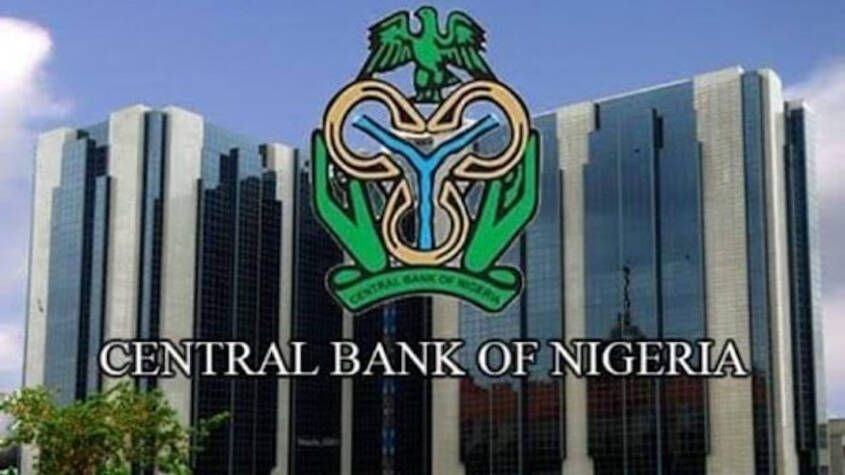The introduction of fresh N100 per N20,000 transaction by the Central Bank of Nigeria (CBN) has raised concerns about a fresh burden for an already impoverished populace.
The apex bank announced a major revision to its Automated Teller Machine (ATM) transaction fees, effective March 1, 2025, eliminating the extant three free monthly withdrawals previously offered to customers using ATMs of other banks.
A circular, signed by John S. Onojah, Acting Director of the Financial Policy and Regulation Department, was published on the CBN’s website on February 10, 2025. It affects all banks and financial institutions in Nigeria.
Key changes outlined in the circular include:
- On-Us Transactions (Same Bank’s ATM): Customers will continue to enjoy free withdrawals from their own bank’s ATM.
- Not-On-Us Transactions (Other Banks’ ATMs):
- On-Site ATMs (Within Bank Premises): A fee of N100 per N20,000 withdrawal.
- Off-Site ATMs (Outside Bank Premises): A fee of N100 per N20,000 withdrawal, plus an additional surcharge of up to N500.
- International Withdrawals: The charge will align with the exact fee imposed by the international acquirer.
The most notable change is the removal of the three free monthly withdrawals previously allowed for customers using other banks’ ATMs. As of March 1, 2025, every withdrawal at another bank’s ATM will incur a fee.
The circular explained, “The three free monthly withdrawals allowed for Remote-On-Us transactions under Section 10.6.2 of the CBN Guide shall no longer apply.”
The CBN cited rising costs and the need to improve ATM efficiency as key reasons for the review. The changes aim to enhance ATM deployment across Nigeria and ensure financial institutions properly charge customers for their services.
The CBN stated, “This review is expected to accelerate the deployment of ATMs and ensure that appropriate charges are applied by financial institutions to consumers of the service.”
This move aligns with the CBN’s broader efforts to promote digital banking and reduce reliance on cash transactions, which has been a central focus of recent financial sector reforms.




































